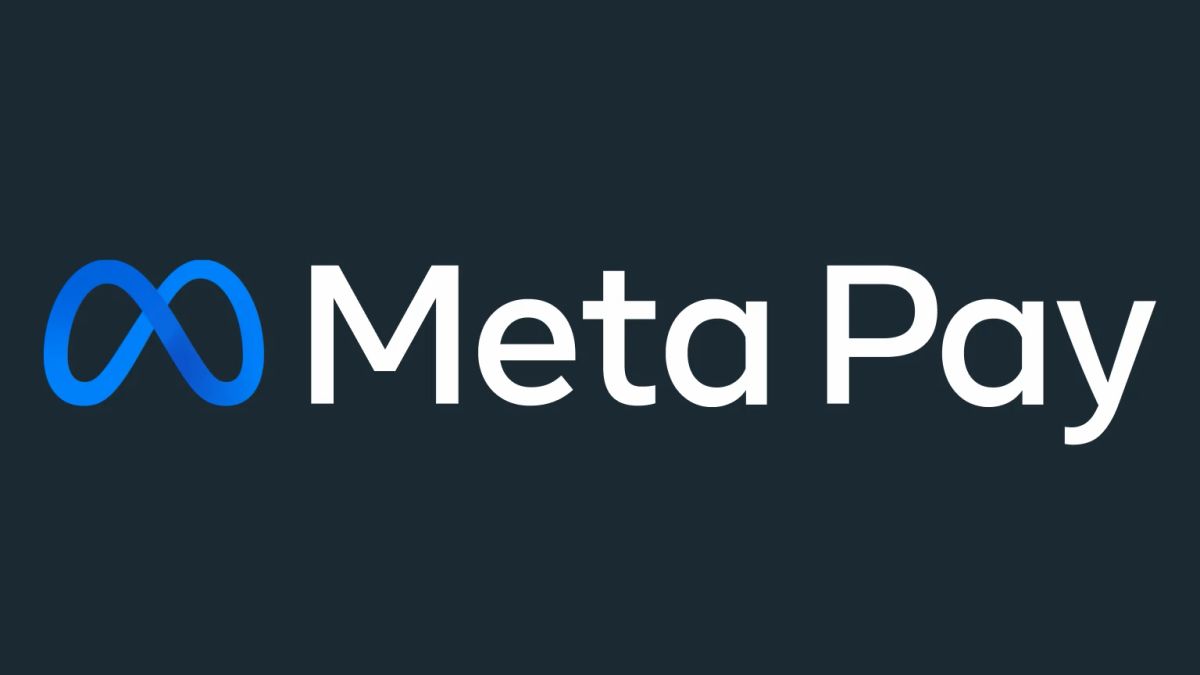JAKARTA - Meta Platforms Inc plans to initiate large-scale layoffs this week that will affect thousands of its employees. The report was first presented by the Wall Street Journal on Sunday, November 6 citing internal sources. The layoff announcement will reportedly be made on Wednesday, November 9. However, Meta refused to comment on the WSJ report.
Facebook's parent company, Meta, in October forecast weak quarterly earnings and significantly more costs for next year that could wipe some $67 billion off the market value of Meta's stock. This adds to more than half a trillion US dollars in value that has been lost this year.
The disappointing outlook comes as Meta faces slowing global economic growth, competition from TikTok, privacy shifts from Apple, concerns about massive spending on the metaverse, and the ever-present threat of regulation.
Meta's Chief Executive Officer, Mark Zuckerberg, said he expects the metaverse investment to take about a decade to pay off. Meanwhile, he had to freeze hiring, close projects, and reorganize teams to cut costs.
"In 2023, we will focus our investment on a small number of high-priority growth areas. So that means some teams will grow significantly, but most other teams will remain flat or shrink over the next year. In aggregate, we expect to end 2023 as roughly the same size, or even a slightly smaller organization than we are today," Zuckerberg said at the last Meta earnings announcement in late October.
VOIR éGALEMENT:
The social media company last June cut plans to hire engineers by at least 30%, while Zuckerberg warned employees to prepare for an economic downturn.
Meta's shareholder, Altimeter Capital Management, in an open letter to Mark Zuckerberg earlier said the company needed to streamline by cutting jobs and capital spending. They added that Meta had lost investor confidence as it ramped up spending and spiraled into the metaverse.
Several technology companies, including Microsoft Corp, Twitter Inc and Snap Inc, have also cut jobs and reduced hiring in recent months as global economic growth slows due to higher interest rates, rising inflation and Europe's energy crisis.
The English, Chinese, Japanese, Arabic, and French versions are automatically generated by the AI. So there may still be inaccuracies in translating, please always see Indonesian as our main language. (system supported by DigitalSiber.id)


















